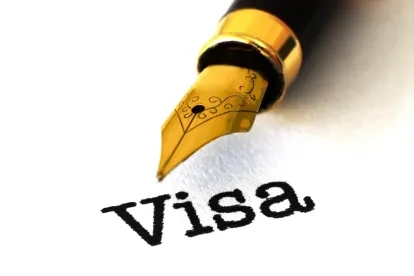Although there have been discussions for some time that the Trump Administration would change the rules regarding Optional Practical Training (OPT), OPT did not show up in the most recent “regulatory agenda.”
Nevertheless, the Administration has been putting limits on F-1 students in other ways. Those changes, at least in part, are responsible for a decline in foreign student enrollment at U.S. institutions. Examples include:
-
The Travel Ban, while not specifically aimed at students, has made the prospect of obtaining a visa more daunting for students from the affected countries — Iran, Libya, North Korea, Somalia, Syria, Venezuela, and Yemen. The publicity around the various travel bans has led to doubts that the U.S. is a welcoming place to study.
-
The Administration has made it more challenging for companies to hire students in OPT STEM to work at client locations.
-
Chinese students have been subjected to additional restrictions.
-
The Administration, in a policy memorandum, changed the rules on “unlawful presence” for students, making it much more likely that they will become subject three- and ten-year bars on admission to the U.S.
Recent reports reveal that USCIS is denying change of status to H-1B petitions to students who have used more than 12 months of practical training – counting both Curricular Practical Training (CPT) and OPT. Students with these denials would have to leave the U.S. and apply for their H-1B visas abroad. Although this can be quite an inconvenience, the real fear is that the Consulate will decide that the student had accumulated “unlawful presence” (without even realizing it) while working in OPT status and thus become subject to one of the bars on admission.
It is not yet clear what the Department of State will do, but as the Cap H-1B season approaches, it is important to consider all of the possible risks.




 />i
/>i

